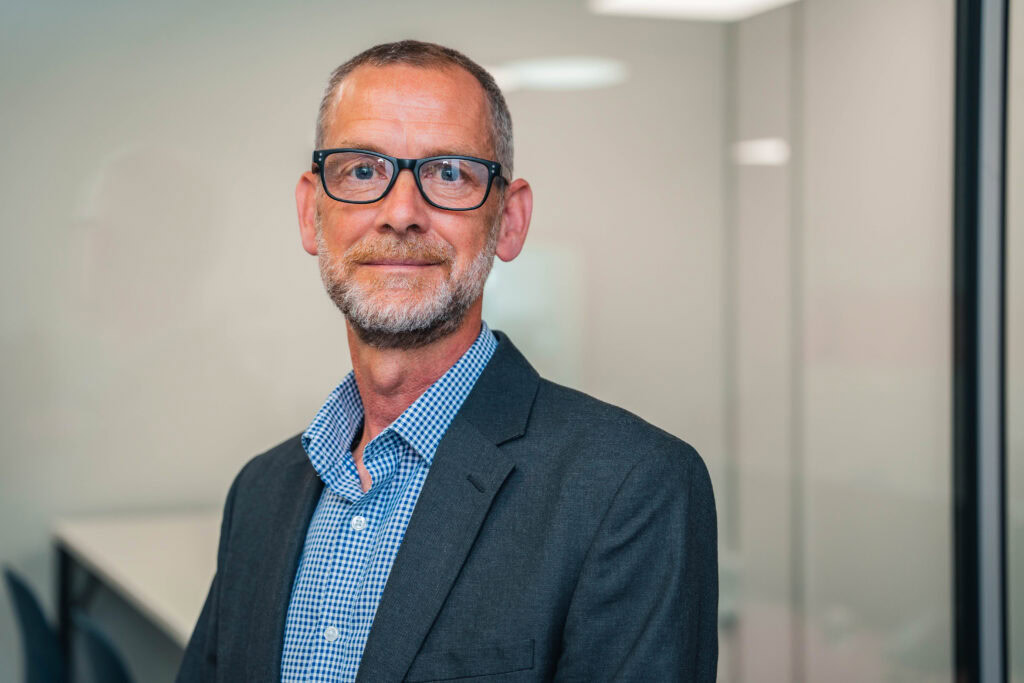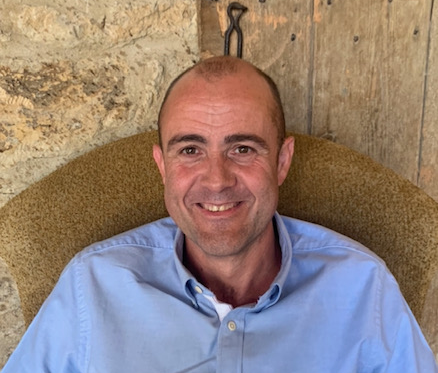OPINION: Recycling the PCBs from a million discarded mobile phones can recover around 6,000kg of copper, 350kg of silver, 34kg of gold and 15kg of palladium. Now multiply those amounts to factor in the 25 million mobile phones discarded in the UK each year…the numbers start to add up.
But that’s just the tip of the iceberg as mobile PCBs, just like those contained in millions of other end of life electronic devices offer a trove of precious metals and rare earths – as many as 60. According to UK data[i] recycling one tonne of these boards can contain 40 to 800 times more gold – and 30 to 40 times more copper – than can be mined from one tonne of ore.
This should be good news in a world where so many of these precious and critical materials are in finite supply or in hard to access geographies and, increasingly, the subject of geopolitical conflict.
So why are the majority of PCB based materials still going to waste? 52% of the total 12 Mt of e-waste produced annually by the UK and Europe – including PCB materials – is handled in an uncontrolled way. It’s staggering that only 30% of UK e-waste is recycled with most of the PCBs recovered from this amount being exported to refineries in Europe, Far East or the US. The remainder ends up in landfill or in the hands of unlicensed recyclers.
Think of all of that valuable and critical material going to waste and which could be retained within country borders. No wonder the UN puts the global value of lost rare and precious PCB metals at $62.5 billion per year – it may be more.
Adding to this issue is sustainability, or rather the lack of it. The PCBs that are being recycled have their components extracted via smelting and hard acids.
The way forward
Tackling this growing problem has to start at home with professional recyclers and governments doing more – by recovering more PCBs from e-waste and looking beyond the current accepted practice of exporting them for materials extraction using questionable sustainable techniques.
For this to happen, we need to find alternative ways of extracting and refining valuable PCB materials, ethically and sustainably. In this regard, bioleaching is emerging as a potential game changer and an area which Bioscope Technologies is pioneering. Our naturally occurring bacteria-based bioleaching process replaces traditional treatments and is as close to zero-emission as possible, without offsetting. By effectively creating a ‘soup’ the process dissolves metals and liberates them from the crushed circuit boards, followed by extraction via filtration and other means. It was important to create cyclical processes that can reutilise the reactive ingredients of the processes so minimising waste.
Furthermore, many more business consumers of IT and electronics devices need to be made aware of the ethical, environmental and economic issues at stake. We are working with the UK’s Critical Minerals Association (CMA) to jointly develop a long-term solution for ensuring many more critical PCB-based materials remain in the UK. Licensed recycling organisations will also soon be able to access Bioscope’s patented industrial bioleaching processes and plant via licensing agreements.
[i] Business Waste UK https://www.businesswaste.co.uk/your-waste/weee-recycling/e-waste-facts-and-statistics/#4







Subscribe for free